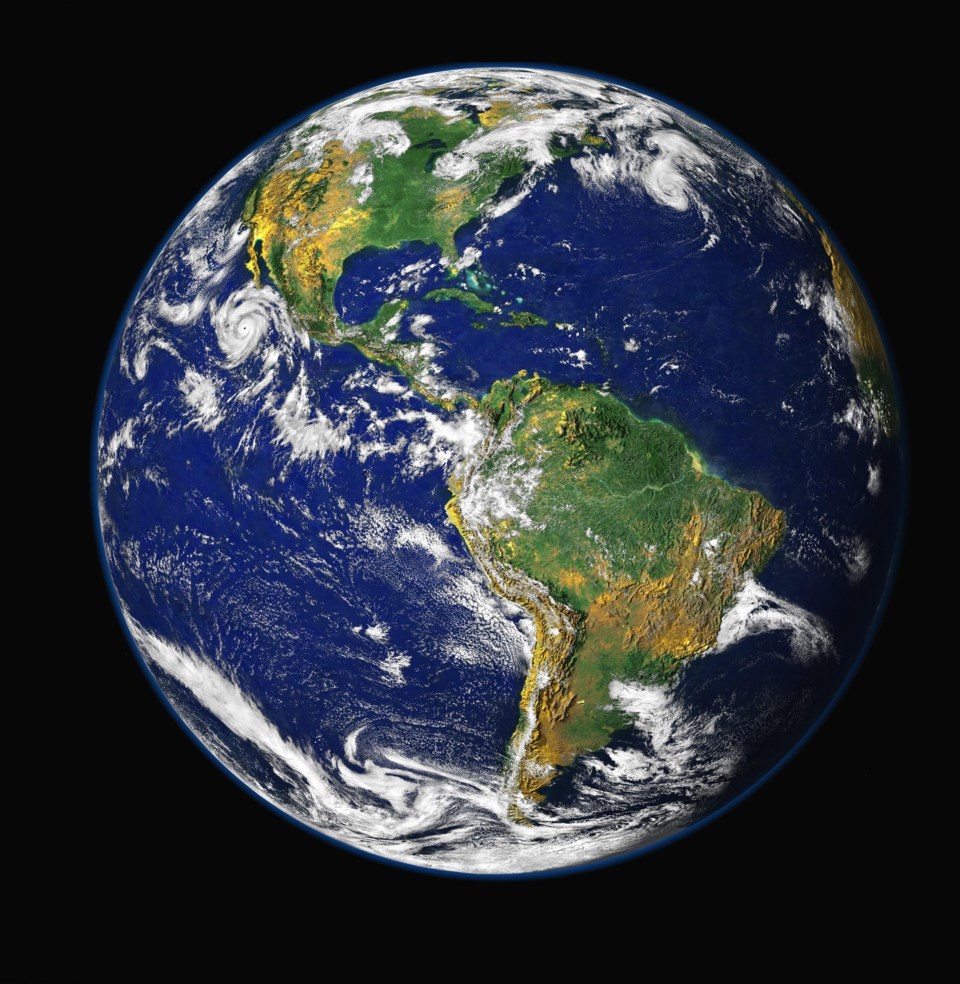Consider this: $1 million in exchange for a part of your healthy body, let’s say half a lung. You’ll be paid throughout your lifetime while sections of your lung are harvested each year until 50 per cent is removed.
If you’re young when you sign the deal, you’ll hardly notice the gradual impact on your overall health until middle age.
At first, you might just notice that you’re unable to keep up with your friends on weekend bike rides.
Later, you might lose your breath just playing with your kids. In older age, supplementary oxygen tanks may become constant companions.
This is an extreme proposal that most Sea to Sky residents would answer with an emphatic “No!” no matter the payment.
Those of us drawn to the natural beauty of this part of the world and its associated playground rely on our bodies to engage in the activities that bring us joy.
We depend on our health to mountain bike or rock climb just as we depend on the mountains that make these activities possible. Despite the high value we place on our health, decisions are being made all the time that sacrifice health in the name of profit.
As a physiotherapist, I spend a lot of time thinking about how to maximize human health. I encourage people to be active, ideally outdoors.
My profession has realized that the injuries we treat are not as simple as we once thought.
We have discovered that our patients recover faster if we acknowledge the person connected to the sprained ankle we are treating. We have awoken to the reality that an individual’s social connections, economic status and many other factors influence pain and function.
As science continues to shine a light on the complex interactions between human health and our environment, we understand more and more that we are just as much a part of nature as the trees, birds, fish, rocks, water and air that we share our home with.
Our health relies on the health of our ecosystem, so as a physio, advocating for a healthy planet is just as important to patient health as the exercises I provide in the clinic, if not more so.
Therefore, in the title of this article: OUR Health is Not For Sale, the word ‘OUR’ includes not just us humans, but all life forms that cohabit our planet. It is unacceptable that fish in the sea share their home with a scourge of plastic waste simply because plastic is cheap and easy to produce. It is unacceptable that precious groundwater is being contaminated to liberate gas for profit. It is unacceptable that childhood asthma rates are increasing all over the world so that a select group of people can squeeze final profits out of a dying industry.
I am lucky to live in Squamish, where there are so many of us who are willing to make changes to put our health first. Unfortunately, many of our political leaders are still not grasping the gravity of the situation we are in and don’t seem to care about our long term health. This is why we need to be even louder when we tell them that it’s time to stop catering to industry and start catering to us.
We need to keep voicing our opposition to projects like Woodfibre LNG and the Trans Mountain pipeline. We can use the transition to a more sustainable society to fight for social justice so that those most vulnerable are not forced to compromise their health to put food on the table.
The upcoming federal election offers an opportunity to voice these concerns.
Before you head to the polls on Oct. 21, take the time to learn which candidates value our long term health and which value short-term profit at the cost of our health. Now, more than ever, we must come together to make our government understand that our health is not for sale.
Tyson Bell is a registered physiotherapist and the founder of Physiotherapists Uniting for Climate Action.




